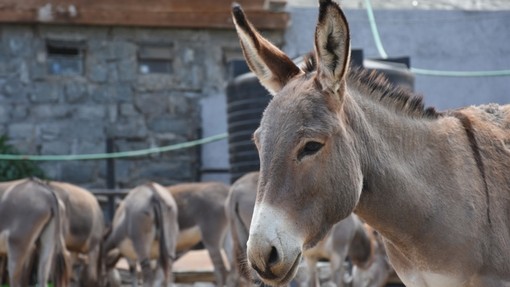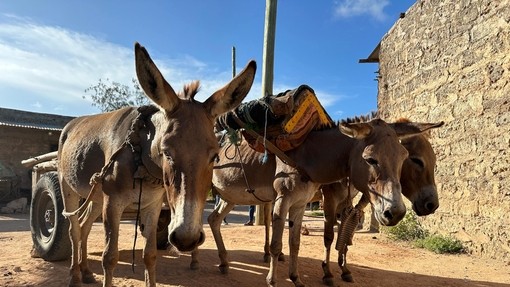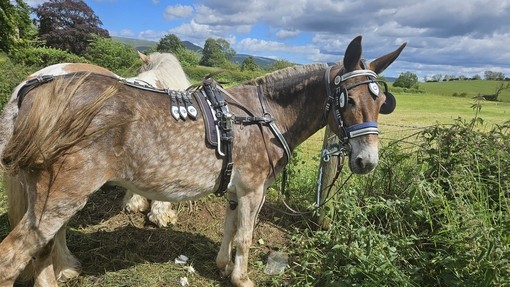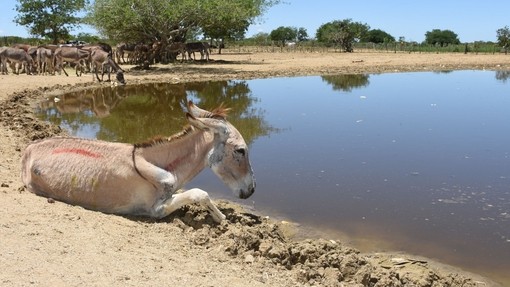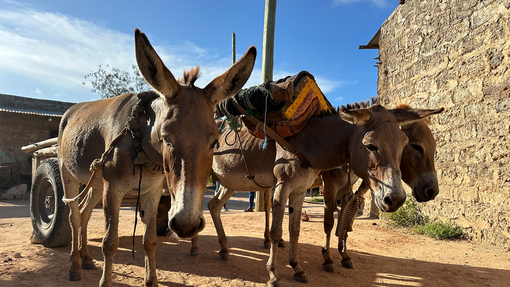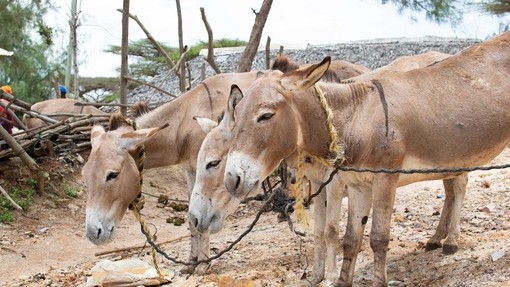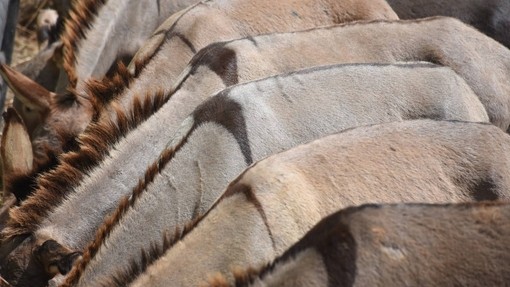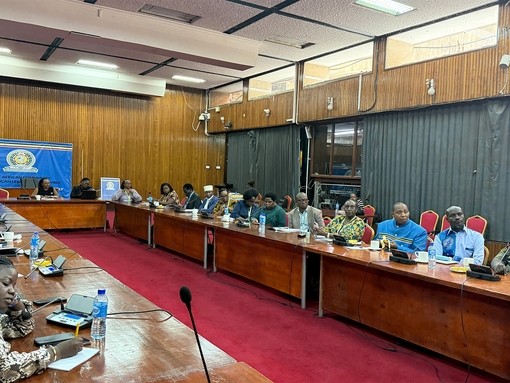
Putting words into actions
We attended the East African Legislative Assembly (EALA) last month to urge members to implement the African Union’s directive to ban the slaughter of donkeys for their skins.
EALA is a trading bloc of eight countries in East Africa, with the largest donkey populations in the world. The November committee meeting was held in the Ugandan capital of Kampala, with newly elected members and Advocates for Animals, the UK’s first animal law firm, in attendance.
This was the first assembly meeting since the African Union’s pledge to ban the trade in February 2024, and was called to discuss issues around the donkey skin industry with the region’s agriculture and trade committees.
Solomon Onyango, Director of The Donkey Sanctuary in Kenya, was clear on the need to convince delegates to act on adopting the AU ban, “By the end of the day’s talks, all parties should be on the same page…to put in place policies and legislation to protect our donkeys in Africa and the communities that rely on them.”
Dr Otieno Mtula, Regional Campaigns and Advocacy Manager (Africa), who also attended the talks, added: “This year has been one of great progress toward ending the cruel and devastating donkey skin trade.
“When every Member State of the African Union made the commitment in February to ban the slaughter of donkeys for their skins and implement national plans for their welfare, it was a unified decision to protect one of the continent’s most precious resources and ally to our communities.
“It is therefore with great faith and optimism that we attended talks in Uganda, among the leaders and decision-makers of East Africa, who now have the opportunity – and the responsibility – to see this commitment become a reality across the region. This is a critical time for donkey-reliant communities here in Africa and promises to be the start of a new era for donkey welfare.”
Implementing the African Union ban
The AU has already written to all member states to ‘urgently request’ they prioritise the landmark 2024 ban on the slaughter of donkeys for their skins.
In the letter, the AU emphasised the need for countries to integrate donkey welfare into their national plans, alongside allocating resources and instigating policies that will ‘mitigate the adverse environmental and economic aspects’ associated with the donkey skin trade.
The trade is riddled with legal issues, including widespread non-compliance with animal welfare, disease and environmental laws.
Edie Bowles, Solicitor at Advocates for Animals said, “I have observed widespread illegality at every stage of this cruel industry. Whilst The Donkey Sanctuary continues to have success with its campaign, with more and more countries questioning and banning the trade, we are working with the East African Community to bring about a robust regional solution to the problem.”
With many delegates at the EALA assembly learning for the first time the extent and gravity of the skin trade, it was hoped consensus will be reached on the need for decisive action, including the possible drafting of legislation to end the trade at the next meeting in March 2025.

Donkeys and Traditional Chinese Medicine
Donkey populations across Africa are under threat from the international trade in their skins. An estimated six million donkeys are brutally slaughtered every year around the world to meet the growing demand for the Chinese remedy ejiao, made from the collagen extracted by boiling donkey skins.
The trade originated in China but with its own donkey population unable to meet the demand for ejiao, Chinese manufacturers have turned to other countries including several in East Africa, such as Kenya and Tanzania.
Donkey farming
Although farming is often cited as a legal means to meet the demand and to create sustainable trading opportunities, it is not a viable solution. This is due to donkeys’ long gestation periods, with the high likelihood of one foal at a time and significant risk of abortion when donkeys are put under stress.
Share this page
Tags
- News





